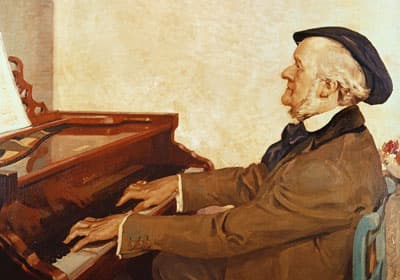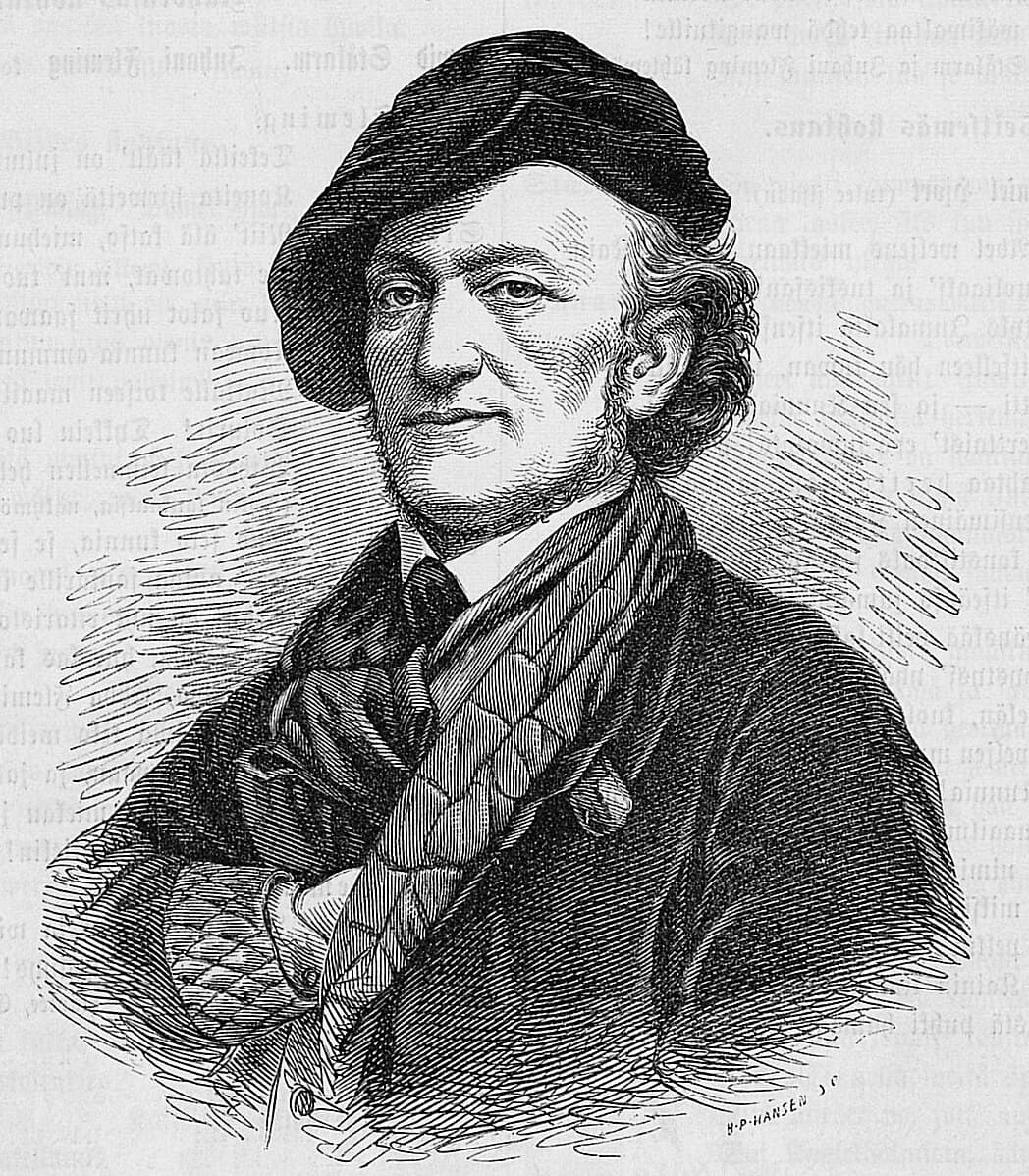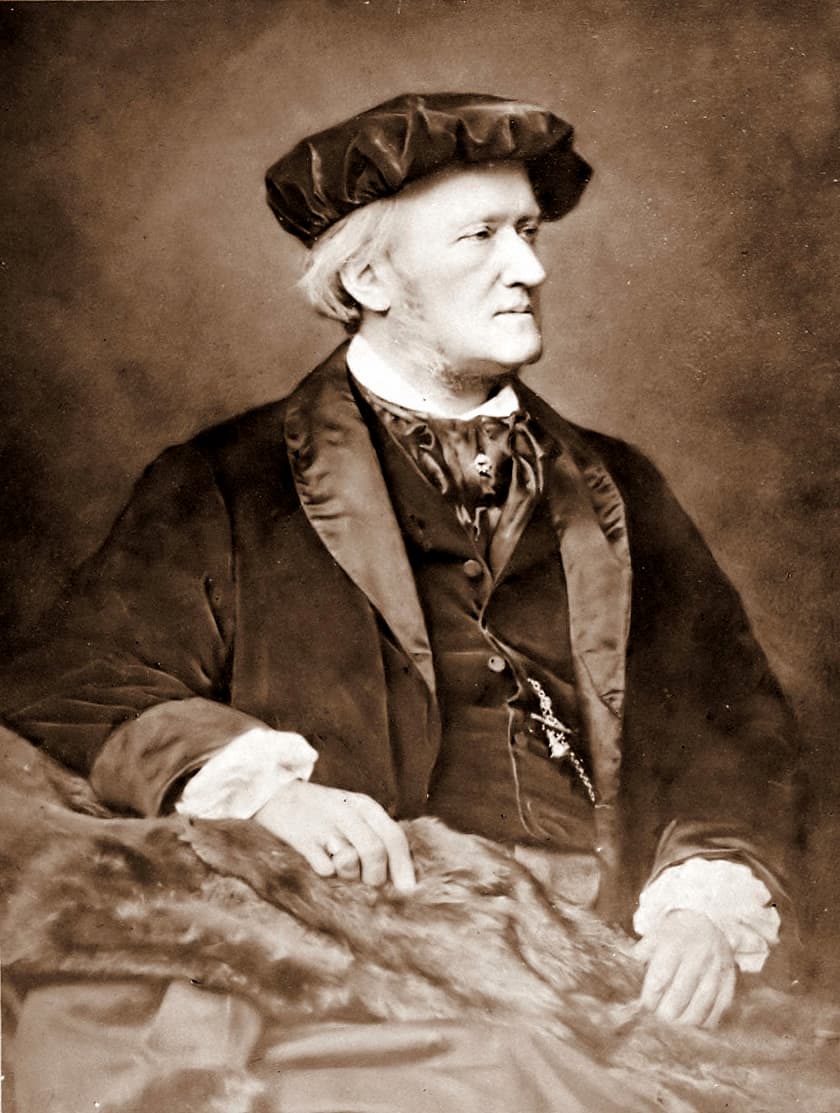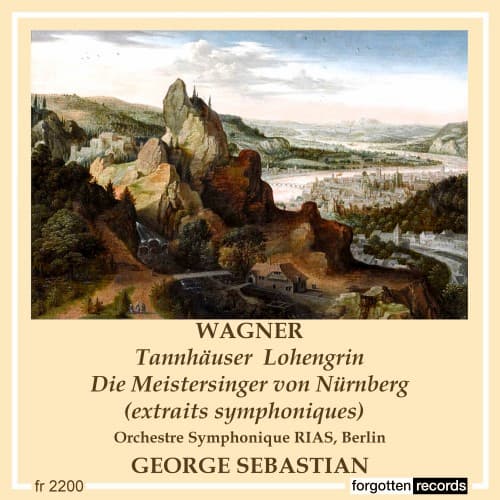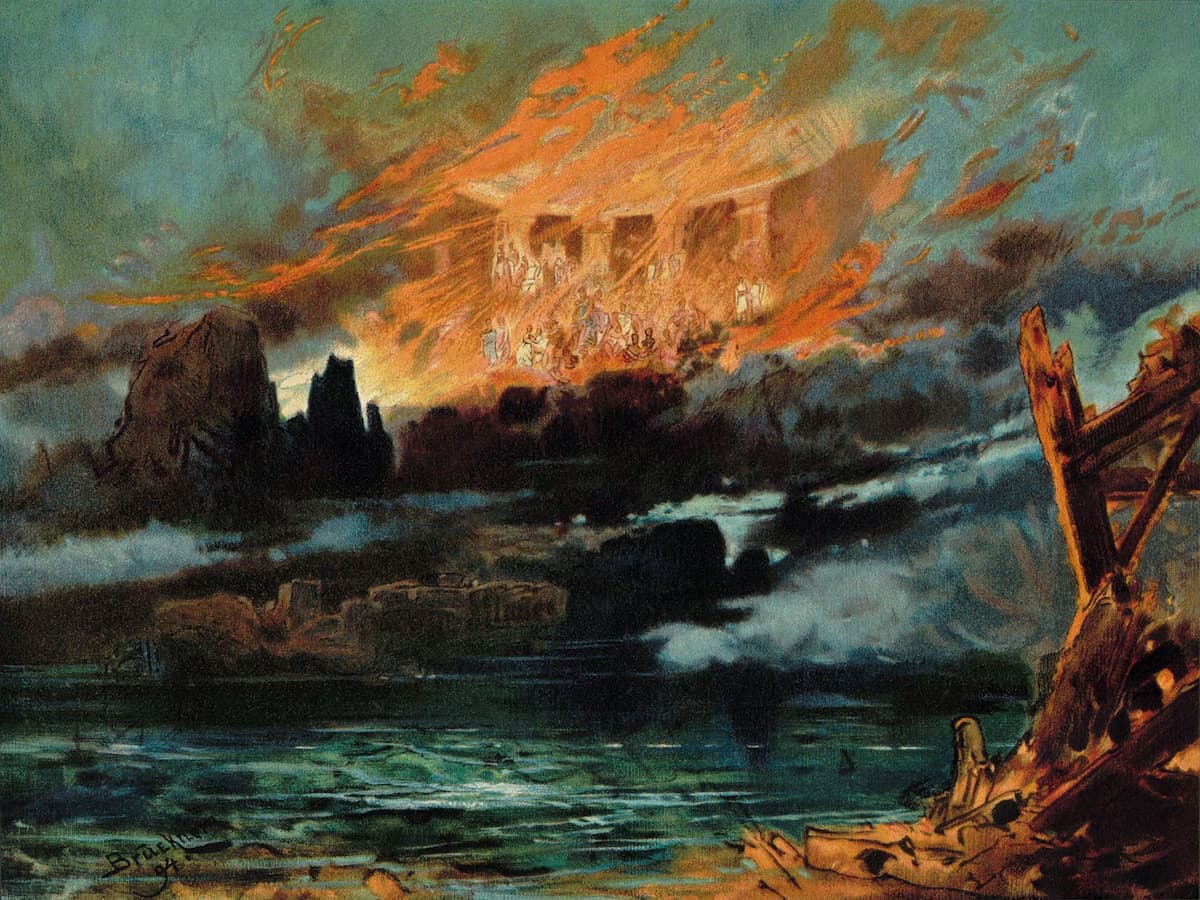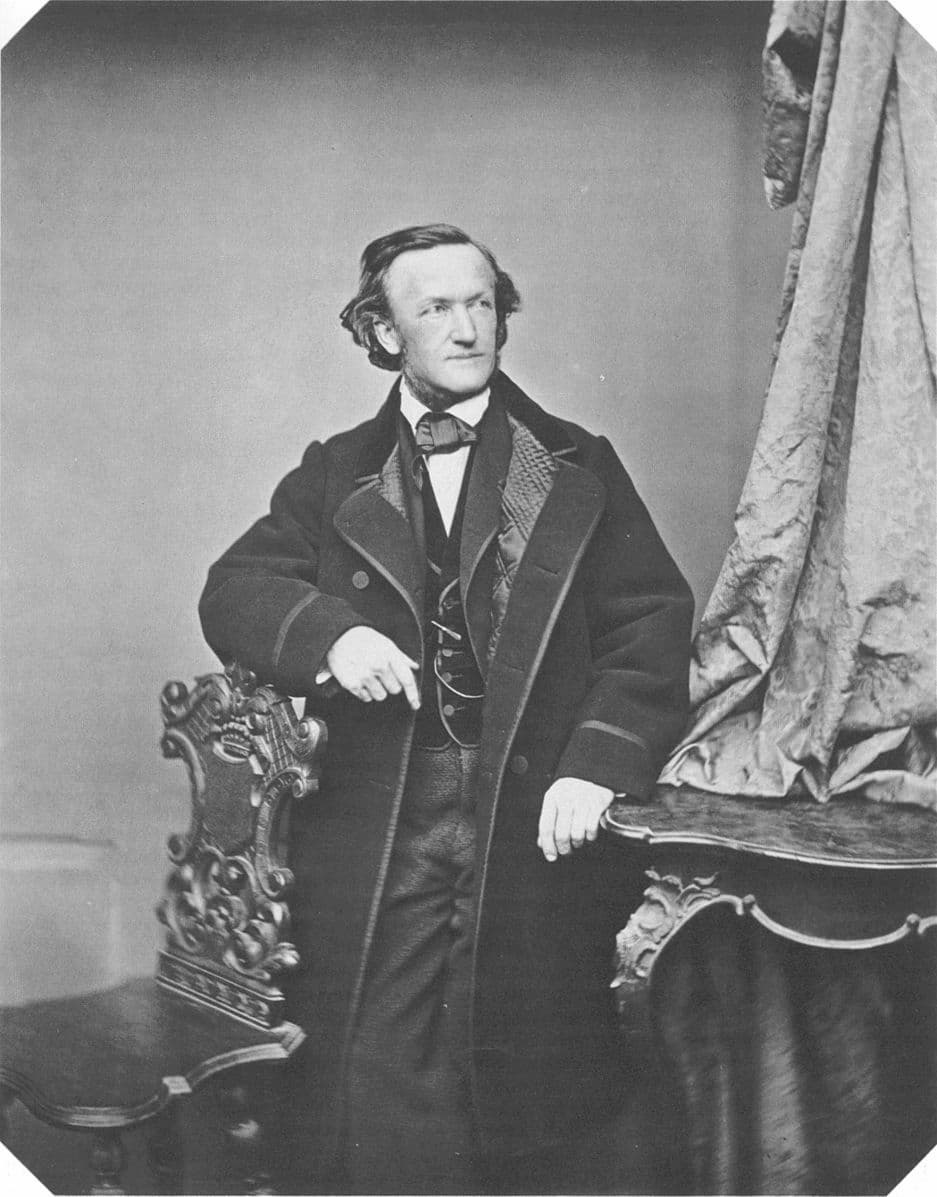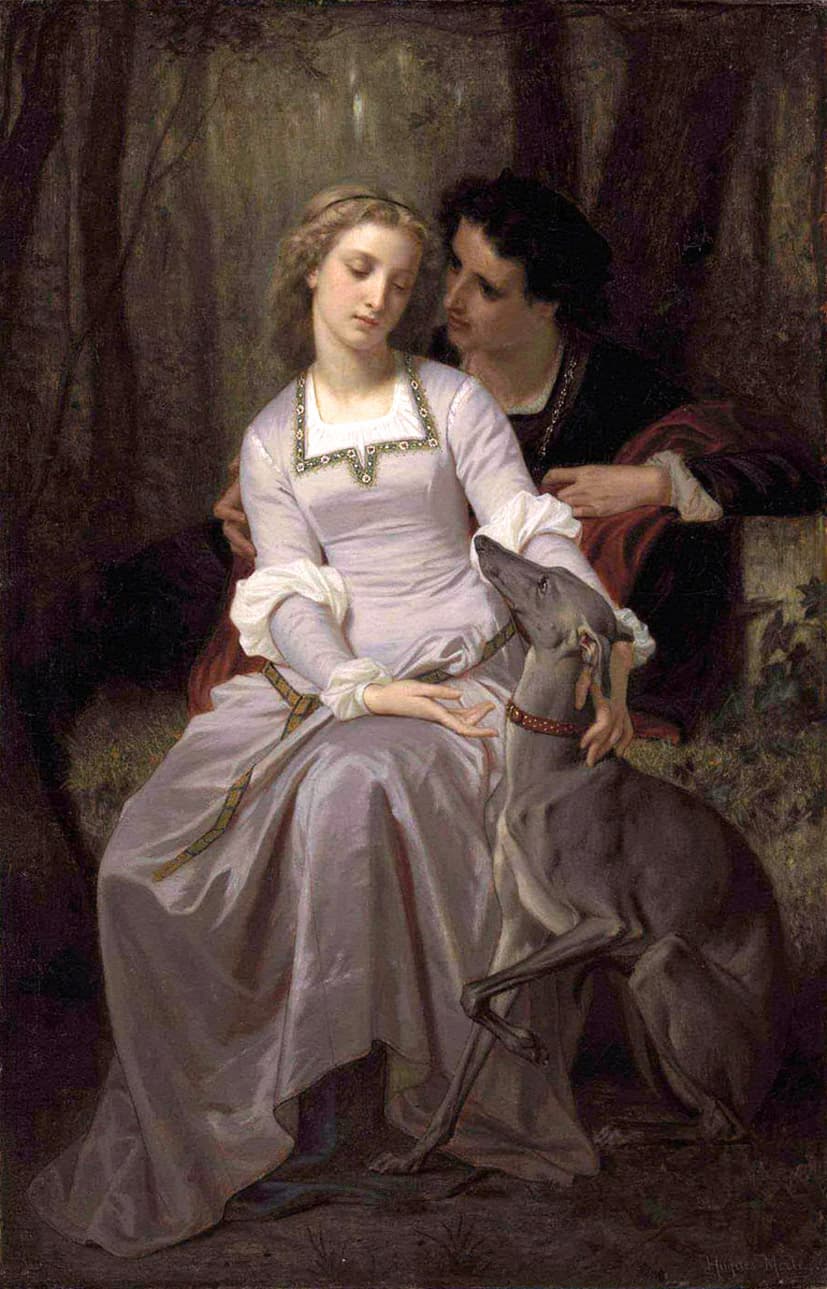When we think of Richard Wagner, born on 22 May 1813, we envision grand operas, mythic tales, and orchestral splendour. Works like The Ring Cycle, Tristan and Isolde, or Lohengrin thrived in the theatre, where he could blend music, drama,
Wagner
Richard Wagner was an extremely complex and highly unpleasant human being, yet his artistic creations represent the fullest musical and theatrical expression of German romanticism. Whether we can actually separate the man from his art has been hotly debated, and
Richard Wagner: Das Liebesmahl der Apostel Of the many masterpieces by Leonardo da Vinci, his mural painting, The Last Supper, created between 1494 and 1498 in the refectory (dining room) of the Convent of Santa Maria delle Grazie in Milan,
In his opera Tannhäuser, Richard Wagner (1813–1883) combined two German legends, that of the German Minnesänger and poet Tannhäuser, and the story of the Wartburg Song Contest. Although the contest is the surface, the story is really about the battle
It took Richard Wagner the better part of 26 years to complete Götterdämmerung (Twilights of the Gods). This final opera in the Ring cycle was originally called “Siegfried’s Tod,” and the resources and stamina demanded by the work from both
Composer Richard Wagner was born in Leipzig in 1813. He became arguably the greatest opera composer of all time. Here are some tidbits about his life and career: Wagner’s reputation rests almost entirely on his operas. Wagner advocated for a
One of the milestones in the history of music, the three-act drama Tristan and Isolde with libretto and music by Richard Wagner premiered on 10 June 1865 at the Königliches Hof- und Nationaltheater in Munich with Hans von Bülow conducting.

